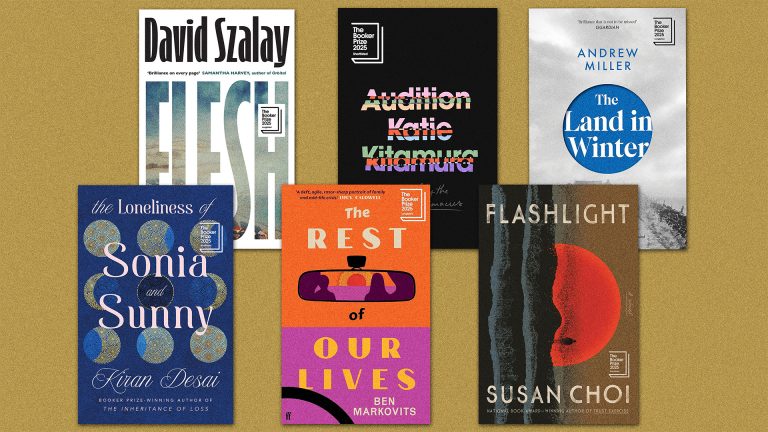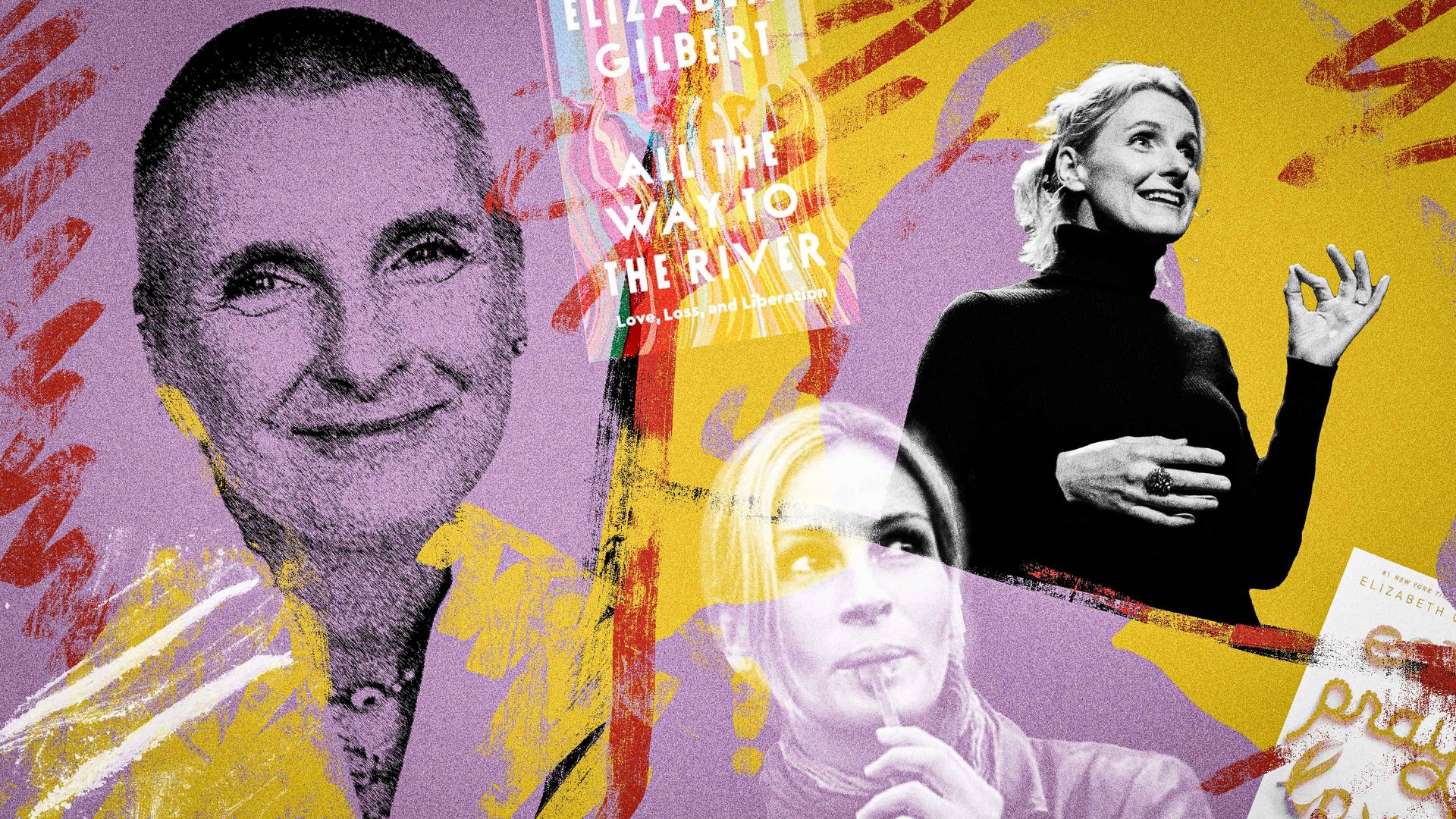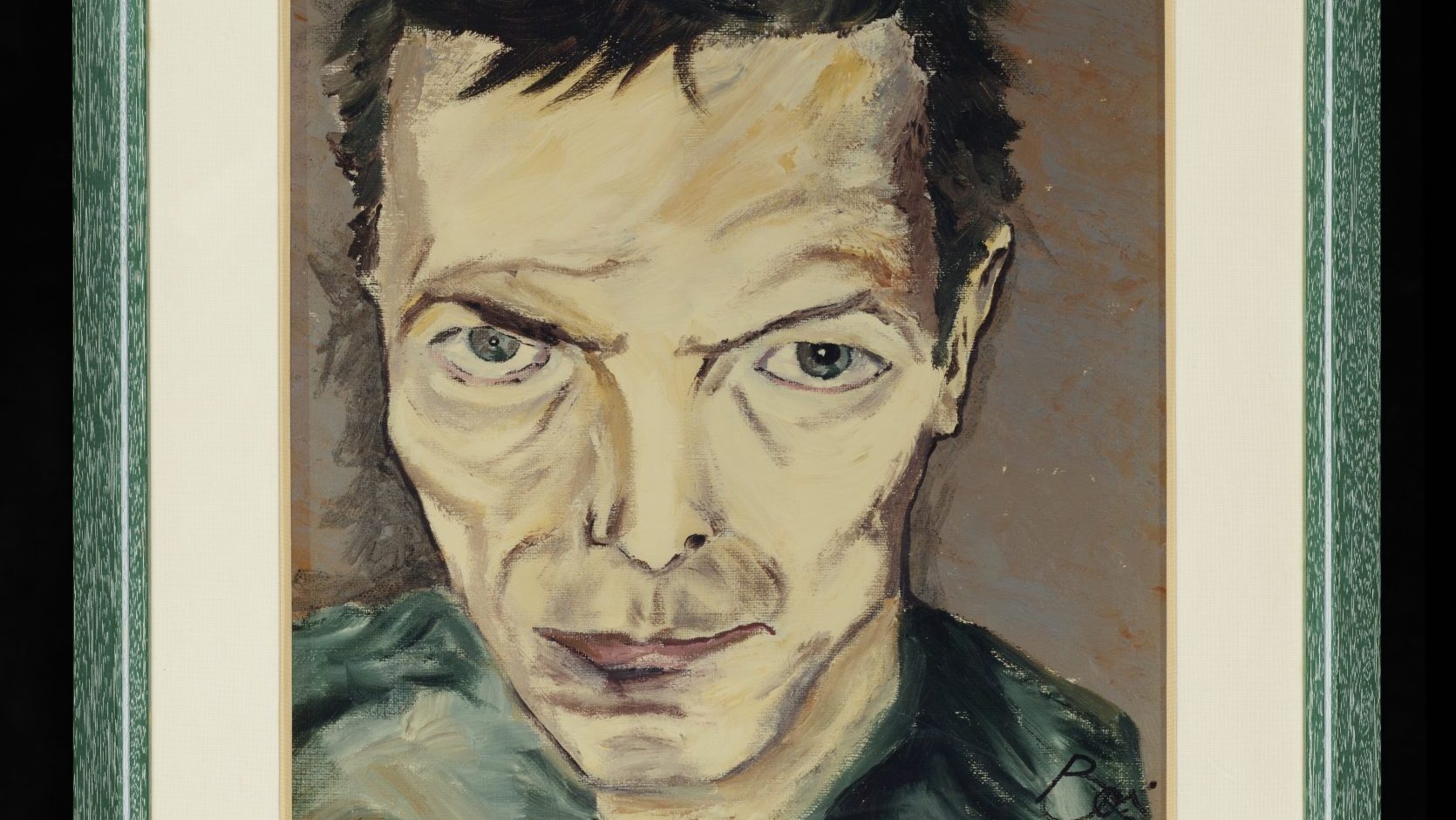Elizabeth Gilbert – sometimes referred to as Liz, sometimes Lizzy, depending on how she wants us readers to empathise with or be repulsed by her actions – is a masterful communicator and manipulator. She sold 25 million copies of her memoir Eat, Pray, Love; she has racked up 20 million TED talk views and 2.7 million social media followers. She is described as one of the “most beloved and influential writers of our age” on her own book jacket.
I am the ideal target reader for Eat, Pray, Love and its sequel All The Way to The River, which deals with what Gilbert calls “love, loss and liberation”. Her breakthrough book found Gilbert, the guru of spiritual awakening and living authentically, eating pizza in Napoli and ending up in an ashram before finding the truest love in herself, finally matched with the love of a suitable partner. It became the absolute shorthand for women living their best lives. Julia Roberts played her in the movie.
For millions, Gilbert’s style of writing felt revolutionary. Her intense honesty made readers feel like they were getting access to the deepest and darkest parts of Gilbert’s self-realisation. We related to her trials and tribulations; her vulnerability made us feel better about our own failings. We envied her ability to take off, shed everything and chase an idealised version of herself,
It is a lot easier to relate to Gilbert’s experiences in Eat, Pray, Love than in All The Way to the River, where her fame and residuals grant a financial freedom that very few of us could even imagine. We become reacquainted with Gilbert in 2017, as she finds out her closest friend Ryya is dying of cancer. This sets off an explosive string of reactions.
They include, but are not limited to, Gilbert declaring her romantic love for Rayya, ending her marriage and entering into a physical, spiritual, groundbreaking and cosmos-altering love affair for the ages. It includes a months-long bender that reignited Rayya’s latent cocaine and alcohol addictions and either extended her life or held off the imminent cancer or both. Gilbert funds and feeds Rayya’s addictions under the guise of caretaking, while discovering her own love and sex addiction.
All the Way to the River claims to show readers how to “break free” in a story that is some parts Carol, some parts Thelma & Louise, some parts Scarface. At one point, I was prepping myself for a Tyler Durden-style revelation, a la Fight Club (which never comes).
I didn’t learn how to break free. I learned a lesson in the art of creating and captivating an audience, how to spoon-feed them a brand of medicine that you have convinced them you are the only person capable of delivering.
I couldn’t be more the target audience for Gilbert’s medicine. I am a middle-class white American woman who upped sticks and moved to London as a 22-year-old, struggled with a lifetime of alcohol abuse and then found sobriety and purpose as an activist during the pandemic. Incidentally, I have recently started dating women.
In my own failed book proposal, I arrogantly called my life transformation “the anti Eat, Pray, Love”, because I quit booze, lost seven stone and ended my most significant relationship. The joke didn’t land with publishers. In the Venn diagram of perimenopausal women that would join the cult helmed by Elizabeth Gilbert, I would likely volunteer to organise mass events where hundreds of white women of my age and type would gratefully drink the Kool-Aid.
Suggested Reading


What the Booker Prize shortlist gets right – and wrong
Then I read All The Way to the River and listened to some of the biggest podcasts out there about the book. I felt like Leah Remini after leaving Scientology. The record scratch! The confusion! The myriad of WTAF moments in this new chapter of the Lizzy Gilbert story!
She bought thousands of dollars worth of cocaine and helped shoot it into the woman she loved most in the world? She got recognised in a needle exchange spot in lower Manhattan? She planned to kill her dying lover, the woman she loved most in the entire world? What the what now?
And how easily and blithely Gilbert washes it all away, telling us she is now in recovery for sex and love addiction. Throughout the entire book, which is wildly captivating and shocking, I never stopped feeling manipulated.
Gilbert’s press tour for this book, with hours and hours of podcasts where she tells us how far she has come, how free she is, how enlightened and how hard she has fought sex and love addiction, have left me dumbfounded. It has left others talking about priv-lit (privilege literature) and how close white women’s spirituality intersects with right wing fanaticism. On The Rich Roll podcast, we are told that love and sex addiction is the most stigmatised of all addictions, and Gilbert talks about how many people get into “the vortex of insanity that people can get into with each other… All the stuff that also happens in addiction also happens here, in addition to killing yourself and killing others. You know it is one of the leading causes of suicide and homicide.
“The horror that people get into with each other. Read the papers. It’s like every single day people are killing their partners.”
Again with the record scratch. No, Liz or Lizzy or Ms. Gilbert, men don’t kill and abuse their partners because of love and sex addiction. What about power, violence, physical and mental coercion or how women are forced to stay, be abused and violated?
As a women’s safety campaigner I cannot strongly enough reject this book and Gilbert’s subsequent messaging as self-help or freeing for women. Gilbert is not a guru and we should not be supporting or encouraging the messaging she is delivering under the guise of recovery or self awareness or anything else.
We have created a monster and enabled and worshipped Elizabeth Gilbert as enlightenment. Now it’s time to break free. It’s got to stop.




